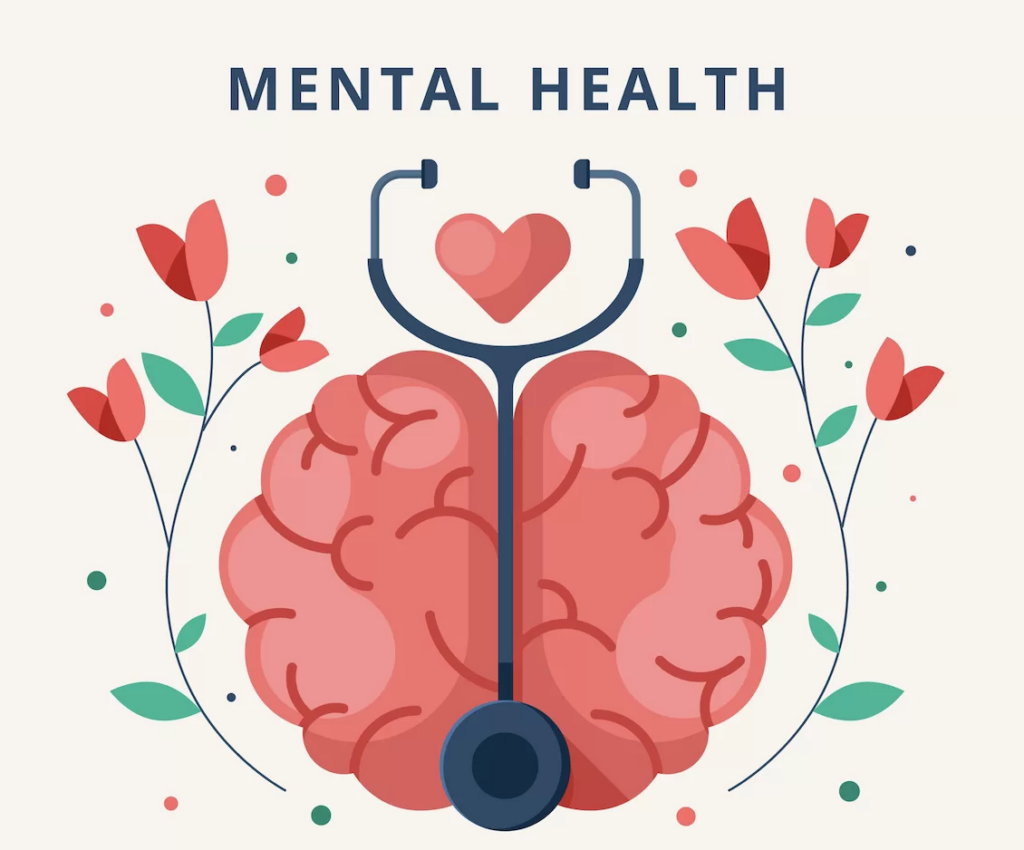Whether you live with a chronic illness or not, there are many reasons why people struggle with mental health. Facing the complexities of life and other stressful factors, the line between feeling down and having depression can often become blurry. Even if you’re not clinically depressed, it is normal to feel low occasionally, but this doesn’t make it any easier. Especially when living with Multiple Sclerosis, this condition may complicate things even further.
Multiple Sclerosis affects everyone differently. Although symptoms vary from person to person, it’s common to experience difficulty walking, weakness, numbness, and tingling. Without a doubt, these physical symptoms are challenging. However, emotional challenges and mental health struggles can be just as, if not more, debilitating.
Fortunately, mental health awareness has come a long way in recent decades which has resulted in more research about the role mental health plays in our well-being and how to address it. Maintaining your mental health while living with MS can be managed through coping strategies. Here are a few ways to improve your mental health and emotional well-being:
- Don’t overexert yourself. Be kind to yourself and have grace. Listen to your body and do what your body can handle.
- Consider therapy. Engaging in therapy can be an effective way to recognize your emotions and feelings and evaluate them to better help you.
- Focus on life outside of MS. It’s essential to remember that MS does not define you. You are so much more than your diagnosis! Focus on your goals, projects, and fun plans. Take a step back from the demands of MS and nurture your mental health.
- Prioritize movement and exercise. Exercise has abundant benefits for the mind, body, and soul. A few activities can include chair yoga, walking, bicycling, or swimming. Find a hobby that you enjoy and that you can physically and emotionally partake in.
- Locate a local support group for MS patients.
Multiple Sclerosis is a challenging diagnosis that can pose mental health impacts on individuals. It’s essential to recognize when you’re feeling down or just not yourself. Make self-care a vital part of your daily routine. There may be times when self-care techniques are not enough. In this case, it’s essential to seek professional help and speak with your doctor. Do not be afraid to ask for help if you are having a difficult time. It is not a sign of weakness, but rather a sign of strength to know when you need help.


